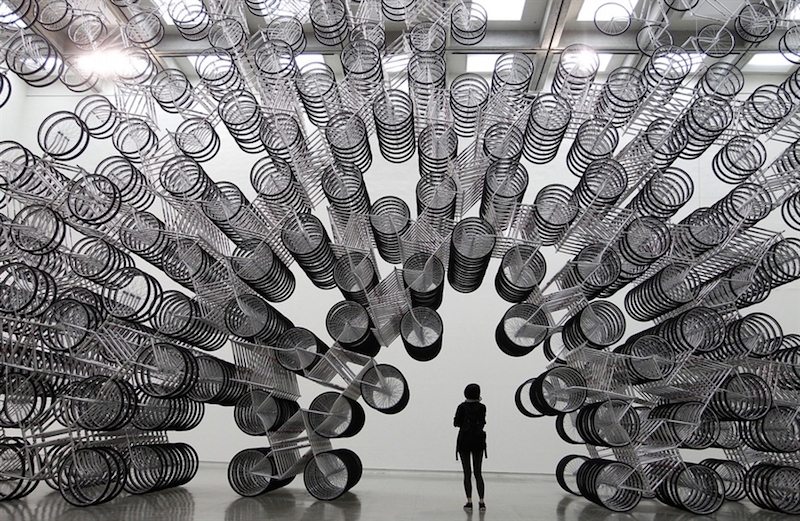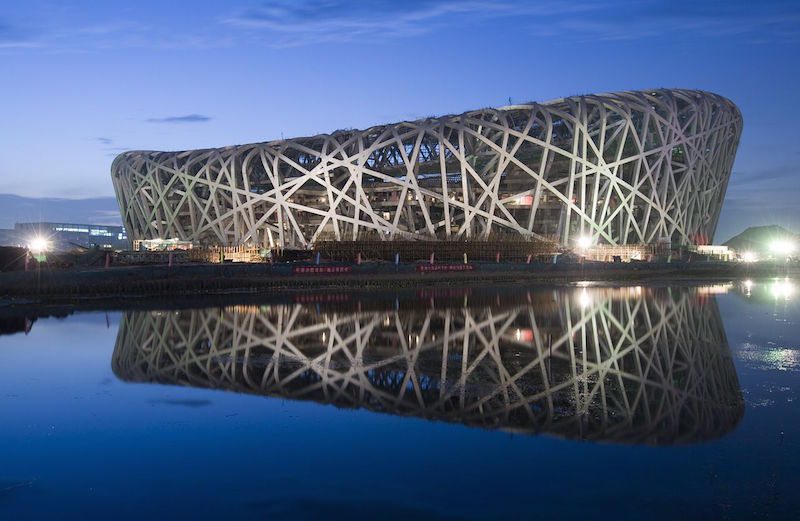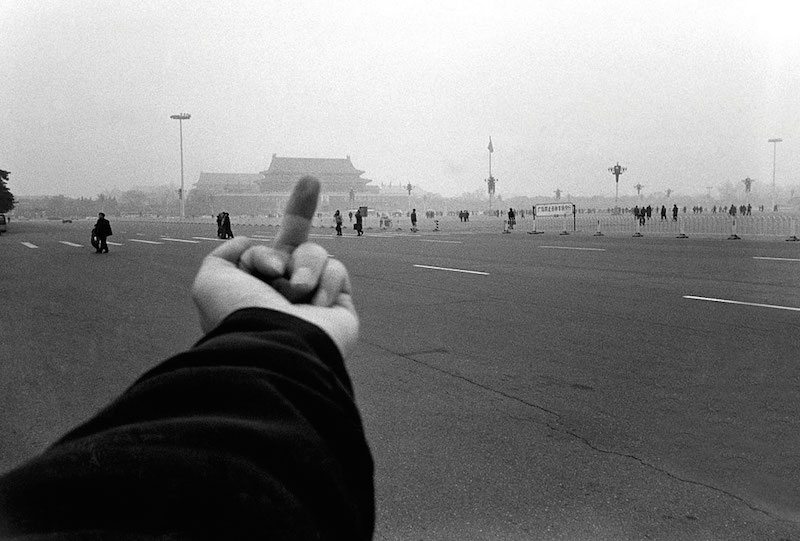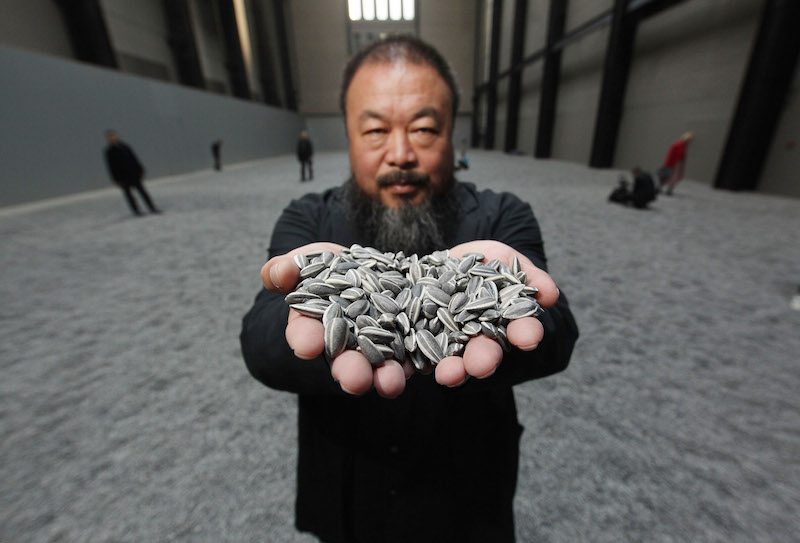Ai Weiwei
Episode #1 of the course “Ground-breaking contemporary artists”
Artist Ai Weiwei is a Chinese political activist who has created sculptures, performance and immersive art pieces, and even architecture that shapes today’s world. Born in 1957, Ai grew up under an oppressive Chinese government with his politically-active poet father. As a child, he spent a few years in a forced labor camp and many more in exile with his family. As an adult, he has led progressive, outspoken political and artistic movements against the Chinese government, becoming a target of oppression. He currently lives and works in Beijing, receiving legal authorization to leave the city as of July 2015.
 Forever bicycles, Installation
Forever bicycles, Installation
Ai studied art as an animator at the Beijing Film Academy, then continued his studies during his US travels during the 1980s. In addition to making street drawings, he studied photography, sculpture, and American poetry. In the 1990s, he returned to China, founded an architecture firm, published three art history books, and began curating art shows. Ai’s popularity grew until, in 2005, he was offered a government-sanctioned blog. For four years he published personal essays and social commentary that was critical of the government. He even criticized the government while at the same time receiving attention for his consulting on the Beijing National Stadium, “The Bird’s Nest,” used in the 2008 Olympics.
 Bird’s Nest Stadium, Beijing, China
Bird’s Nest Stadium, Beijing, China
Then, Ai incited an unauthorized investigation into over 3000 children’s deaths during a 2008 earthquake. Because the children died under collapsed school buildings, the government attempted to cover up the tragedy, but Ai wanted the knowledge public. In 2010, he was placed under house arrest while government officials destroyed his studio.
His arrest in 2011 was an international event. Admirers and human rights activists around the world protested, pleaded, and showed support for Ai. Nearly 90 days later he was released under formal charges of “tax evasion.” He was told that he could not leave Beijing.
 Study of perspective –– Tiananmen Square
Study of perspective –– Tiananmen Square
 Sunflower seeds, Installation
Sunflower seeds, Installation
Ai has become a symbol for the human rights struggles in China. Although he is not an artist whose work commands the highest prices, nor perhaps the most controversial or avant-garde of contemporary artists, Ai Weiwei has recently been considered the world’s “most powerful artist.” His work is currently on display in museums around the world.
Quotes
“I think there is a responsibility for any artist to protect freedom of expression.”
“If my art has nothing to do with people’s pain and sorrow, what is ‘art’ for?”
“For me, it is OK as long as I can breathe, as long as my heart is pumping, as long as I can express myself.”
“There are no outdoor sports as graceful as throwing stones at a dictatorship.”
“Freedom is a pretty strange thing. Once you’ve experienced it, it remains in your heart, and no one can take it away. Then, as an individual, you can be more powerful than a whole country.”
All artworks
Recommended book
Share with friends

